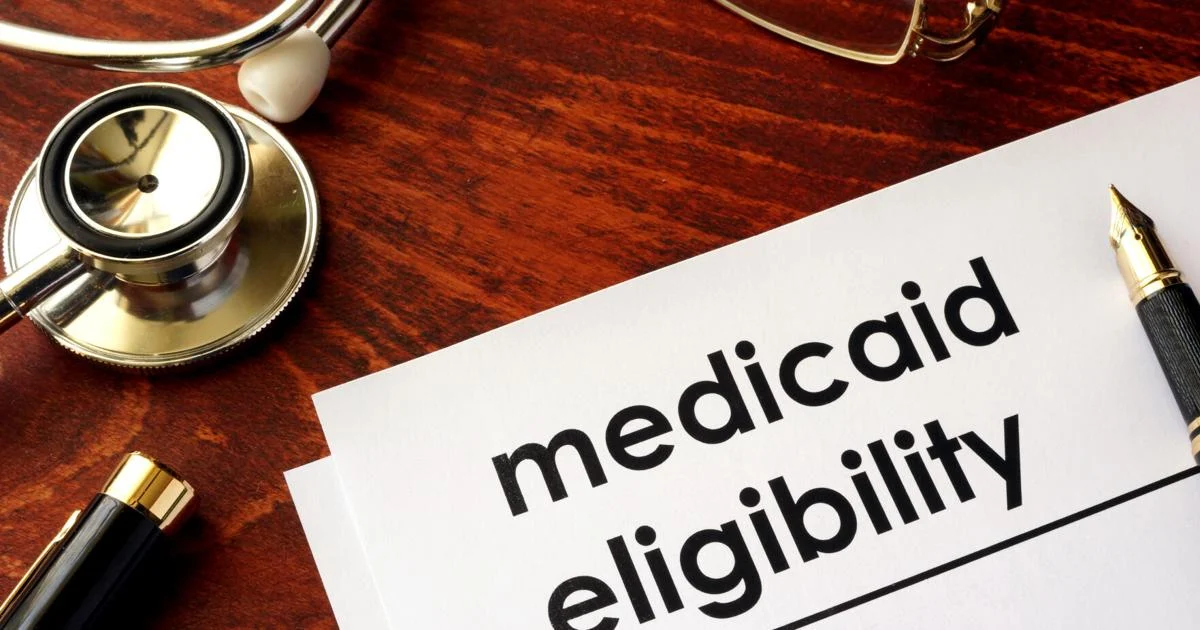Colorado Officials Attribute Medicaid Drop to Economic Recovery
Critics Challenge Narrative, Cite Reinstatement Eligibility Issues
According to KFF Health News, Colorado’s Medicaid program is facing criticism and scrutiny after a significant number of beneficiaries were disenrolled following the lifting of pandemic-era restrictions. Despite Colorado‘s status as a traditionally blue state it stands out for the high rate of disenrollment second only to Utah. This trend has raised alarms among advocates for the poor and healthcare access. They argue that outdated technology and administrative challenges have exacerbated the situation making it difficult for the state to efficiently manage enrollments and automatic renewals. These issues have led to procedural errors resulting in hundreds of thousands losing Medicaid coverage unnecessarily.
State officials offer a contrasting viewpoint attributing the drop in Medicaid enrollments to Colorado’s robust economic recovery post-pandemic. They contend that many individuals found employment opportunities that included health insurance benefits reducing their need for safety-net programs like Medicaid. However, critics highlight discrepancies in this narrative pointing out that a significant portion of those disenrolled were later found to be eligible for reinstatement into the program. This situation underscores broader concerns about healthcare access and the effectiveness of state-administered benefit systems in meeting the needs of vulnerable populations during times of economic transition.
READ ALSO: 1,000+ Lewis County Residents Eligible For SNAP Benefits To Replace Lost Food Supplies After Recent Flooding And Power Outages

250,000 Coloradans Disenrolled from Medicaid: State’s High Rate of Cancellations Raises Concerns About Administrative Efficiency and Healthcare Access! (PHOTO: Public News Service)
Advocates Push for Medicaid System Overhaul
As Colorado grapples with these challenges there is a growing call for systemic improvements in Medicaid administration. Advocates emphasize the need to streamline processes and minimize disenrollment caused by administrative errors. The debate surrounding Colorado’s Medicaid program illuminates the complexities of balancing economic recovery with maintaining robust social safety nets. It prompts discussions on how states can better support healthcare access for all residents particularly during periods of economic uncertainty and shifting healthcare policies. Addressing these issues effectively is crucial to ensuring that vulnerable populations receive the healthcare coverage they need and deserve.
READ ALSO: Rhode Island Tax Deadline Approaches: Over 652,000 Returns Processed, $353 Million In Refunds Disbursed – Last Chance To File Today!
















































